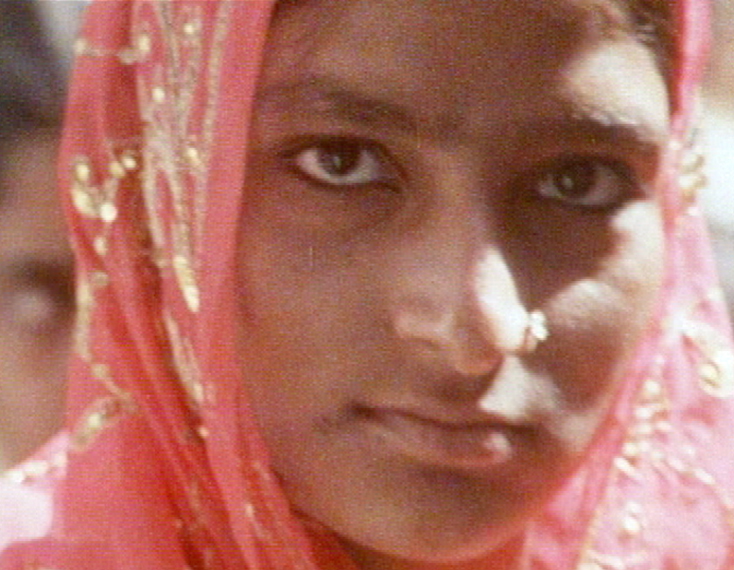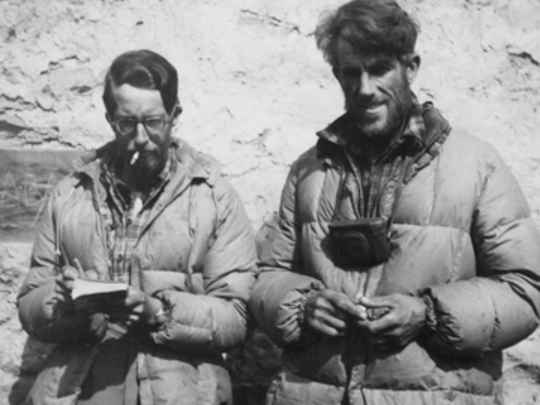...this river, or this city, if a person dies here, it is said to be that he is put in the heaven and he is not to come back to this earth again. So that's the main aim. The main aim, according to the Indian mythology, is not to be happy on this earth, but the main aim is to be happy above the earth.
– A devotee explains the significance of the Ganges River and Varanasi
We actually present to them [tourists] a sort of a window to see India . . . in the corners of Banaras you can see still life which will be exactly the same as it was in 18th century, maybe 17th century.
– Historian Anand Krishnan on the timeless atmosphere of Banaras
Varanasi’s ghats, stone embankments along the sacred Ganges River where locals and pilgrims perform ritual ablutions, are draws for both the faithful and tourists. In the evenings, visitors often hire boats to watch priests at Dashashwamedh Ghat perform the aarti, a Hindu worship ritual, while devotees help put thousands of candles or floating lamps on the river in dedication to Lord Shiva.
– Excerpt from an article about Varanasi, National Geographic, 2 April 2016
Heavy black smoke rises from Harish Chandra and Manikarnika ghats. Ashes and flowers dot the waves. These are the burning ghats, where relatives bring their loved ones to be cremated. According to Hindu legend, those who are cremated in Varanasi will achieve enlightenment and be free of the cycle of death and rebirth. Nearly 300 bodies are cremated every day.
– Excerpt from a travel article about Varanasi, Smithsonian Magazine, 19 August 2009
People come to Banaras to die. Death here means liberation, the end of a journey of many lifetimes. In a world where salvation only comes after the labour of thousands of reincarnations, merely dying in Banaras ensures instant release from the cycle of rebirth forever.
– Narrator George Henare on why Varanasi is so sacred to Indians, at the start of this documentary
For over 2000 years, pilgrims from all over India have been coming here to bathe in the Ganges from the ghats, the long flights of stone steps that lead down to the river . . . Bathing in the Ganges washes away sin and purifies the soul.
– Narrator George Henare on why Indians bathe in the Ganges River













